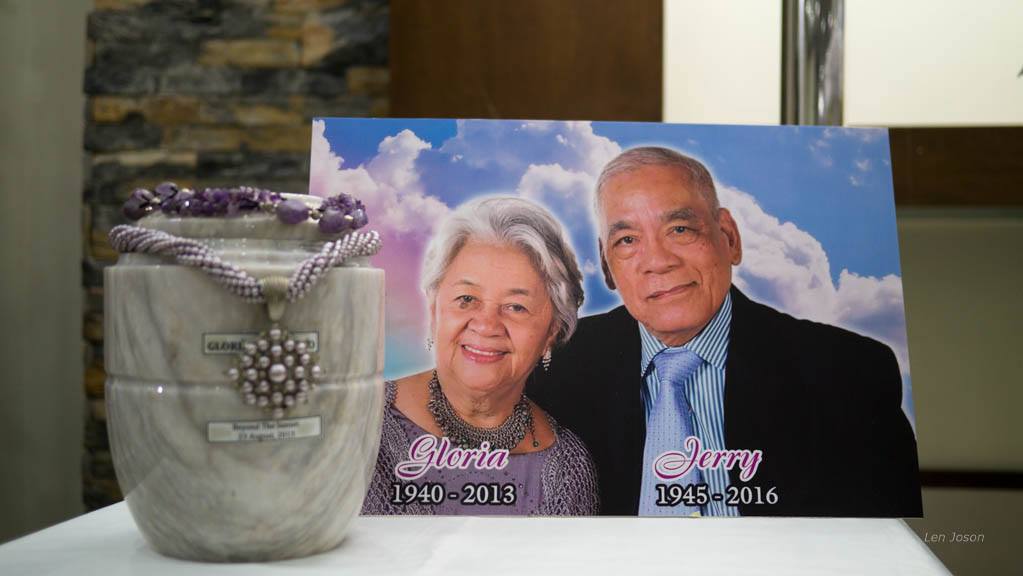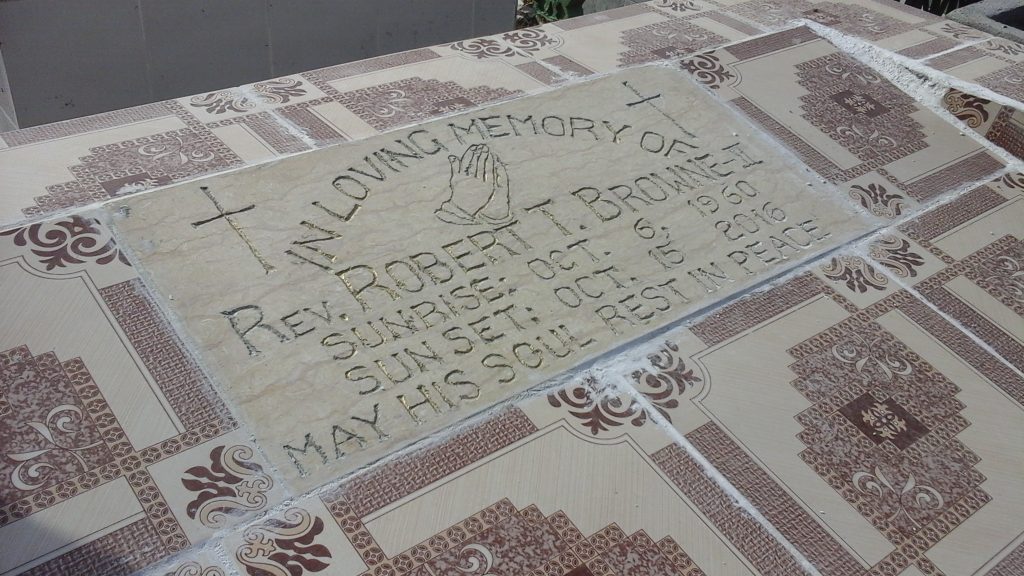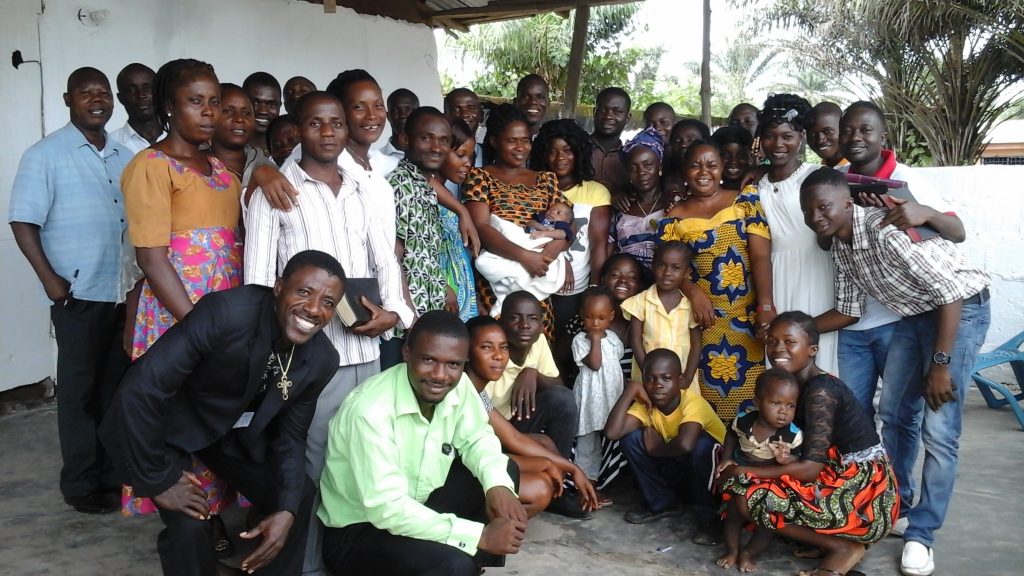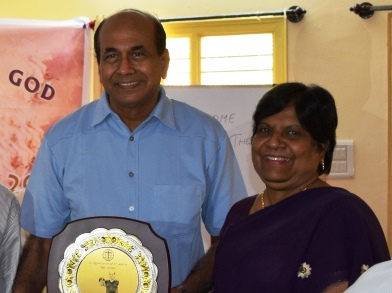Dear Brothers and Sisters,

On November 24, most of us in the U.S. will be celebrating Thanksgiving Day (other nations have similar celebrations at various times of the year). Reflecting on this annual holiday, comedian Phyllis Diller joked, “My cooking is so bad my kids thought the purpose of Thanksgiving was to commemorate Pearl Harbor!” While her humor always makes me laugh, I’m glad the Thanksgiving meals we’ll soon be enjoying will be gourmet affairs, not catastrophes.
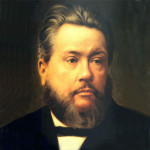
Thanksgiving helps us remember what we’re thankful for (both great and small), then extend that gratitude to God and others. Perhaps, like me, you find yourself thankful for more things each year. The more we understand who Jesus is and who we are in him, and the more we appreciate the relationships he gives us in union with himself, the more we will be inclined to practice what the famous British Baptist preacher Charles Spurgeon refers to in the following quote as thanks-living:
I think there is a better thing than thanksgiving: thanks-living. How is this to be done? By a general cheerfulness of manner, by an obedience to the command of Him by whose mercy we live, by a perpetual, constant delighting of ourselves in the Lord, and by a submission of our desires to His will.
Thanks-living, which flows from “an attitude of gratitude,” is the result of God’s grace. The word gratitude is derived from the Latin word gratia, which means grace, graciousness, or gratefulness. Considerable research confirms how important it is to express (and thus cultivate) gratitude toward others. A few years ago, the Harvard Mental Health Letter summarized some of that research. Dr. Robert A. Emmons of the University of California, Davis, and Dr. Michael E. McCullough of the University of Miami conducted a study in which they asked participants to write a few sentences each week, focusing on particular topics. Here is a summary of what they learned:
One group wrote about things they were grateful for that had occurred during the week. A second group wrote about daily irritations or things that had displeased them, and the third wrote about events that had affected them (with no emphasis on them being positive or negative). After 10 weeks, those who wrote about gratitude were more optimistic and felt better about their lives. Surprisingly, they also exercised more and had fewer visits to physicians than those who focused on sources of aggravation. [1]
In a related study, Dr. Martin E. P. Seligman, a psychologist at the University of Pennsylvania, had 411 people write and personally deliver a letter of gratitude to someone they believed had never been properly thanked. The result was an almost immediate increase in the happiness of the letter writers.
This research confirms the wisdom contained in the Bible. Many of the Psalms mention the importance of being thankful, and the apostle Paul exhorts Christians to give thanks “in everything… for this is the will of God in Christ Jesus for you” (1 Thessalonians 5:18 NKJV). Practicing thanks-living leads to both spiritual and physical health. Conversely, being unthankful is characteristic of those not living in communion with God as noted by Paul in Romans 1:21 (ESV): “They did not honor him as God or give thanks to him.” As we live in union and communion with God, we cannot help but be thankful.

In Letters to Malcolm, Chiefly on Prayer [2], C. S. Lewis helps us see how being thankful is woven into a life of worshipping God. He notes that when we give thanks to God we often focus on what God has done for us—all his blessings, especially the gift of redemption through the atoning work of Jesus. But sometimes when we turn to God with thanksgiving, we begin to realize that the reason God does all that we are thanking him for is because of who God is. It’s at this turning point in our thinking that our thanksgiving goes deeper, turning into adoration. In adoration we are thankful not so much for what God has done for us, but for who God is—for that is why God does what he does!
Being thankful is one thing. But knowing Who we’re thanking leads into true thanks-living—a life of worship, fellowship and communion with the Triune God: Father, Son and Spirit.
I’m grateful every day of the year for each of you, and for your faithfulness to our God. I pray blessings upon your celebrations of Thanksgiving whenever and however they come your way.
Thankful to God for everything,
Joseph Tkach
________________
[1] http://www.health.harvard.edu/newsletter_article/in-praise-of-gratitude
[2] C.S. Lewis, Letters to Malcolm: Chiefly on Prayer, Letter 17



